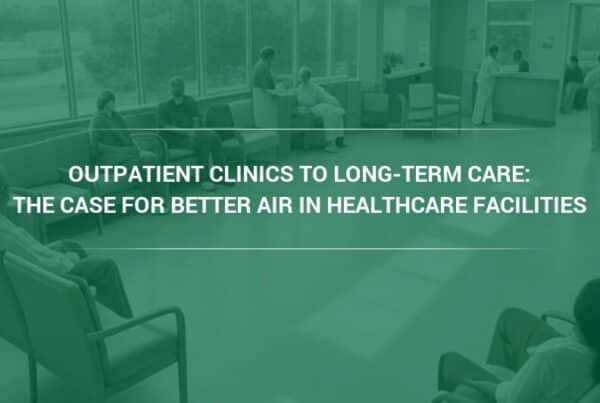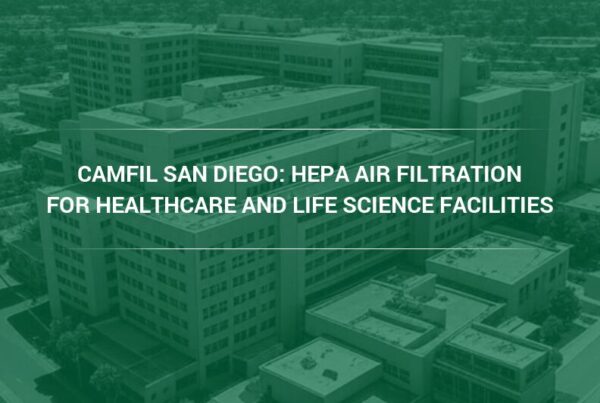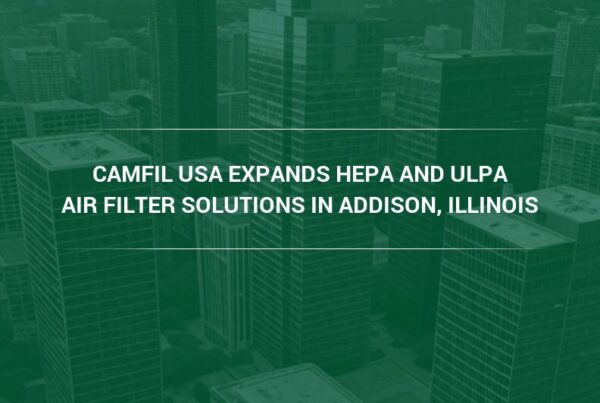The world is getting smaller. The world population is over 7 billion with North America quickly approaching 400 million. As the population becomes more dense the probabilities of being infected by airborne transfer increases. We are also a mobile society with close to 200 million passengers traveling internationally through United States airports. The probability of American being remote from disease from foreign lands or undeveloped countries is becoming smaller each year. One person on an airplane can infect multiple fellow passengers and they in turn can infect others. Hospitals are our bastion for curing people that may have been infected.
At the same time there are infectious items that can be local which can cause for concern; rhinovirus or common cold, many different strains of flu and tuberculosis as well as others. Visiting a friend or relative in the hospital? What are your risks of contracting something that will negatively affect your health while visiting?
Although many germs require direct contact for person-to-person transfer there are also many that can be transferred through the air through sneezing, coughing, talking or even common respiration.
Hospitals limit infectious transfer by incorporating high levels of building hygiene and using air filtration systems highly capable of limiting our airborne exposure.
Common areas of hospitals, such as corridors, waiting rooms and emergency areas incorporate filters with a minimum efficiency reporting value (MERV 14). MERV provides a filters efficiency at a specific particle size and MERV 14 has the capabilities to remove dangerous health related particles down to the sub-micron size range; as an example these filters can remove over 95% of airborne tuberculosis as the air from the facility is recirculated through the filters.
Some patient rooms using central HVAC systems may also incorporate this level of filtration but most use individually controlled HVAC units with MERV 8 air filters. Although not as efficient as filters used in common areas, when combined with a proper number of room air changes they are also relatively effective for protecting patients, visitors and employees.
Infectious transfer probability is a game of numbers. When visiting a hospital environment additional personal hygiene care should always be the norm; hand cleaning, courteous cough or sneeze control, etc. Hospitals are doing their part by significantly reducing your risk through highly sophisticated airborne particulate control.
For more information on hospital air filtration go to:
http://www.camfil.us/Industries/Hospitals–Medical-Facilities/ or contact your local Camfil office.



